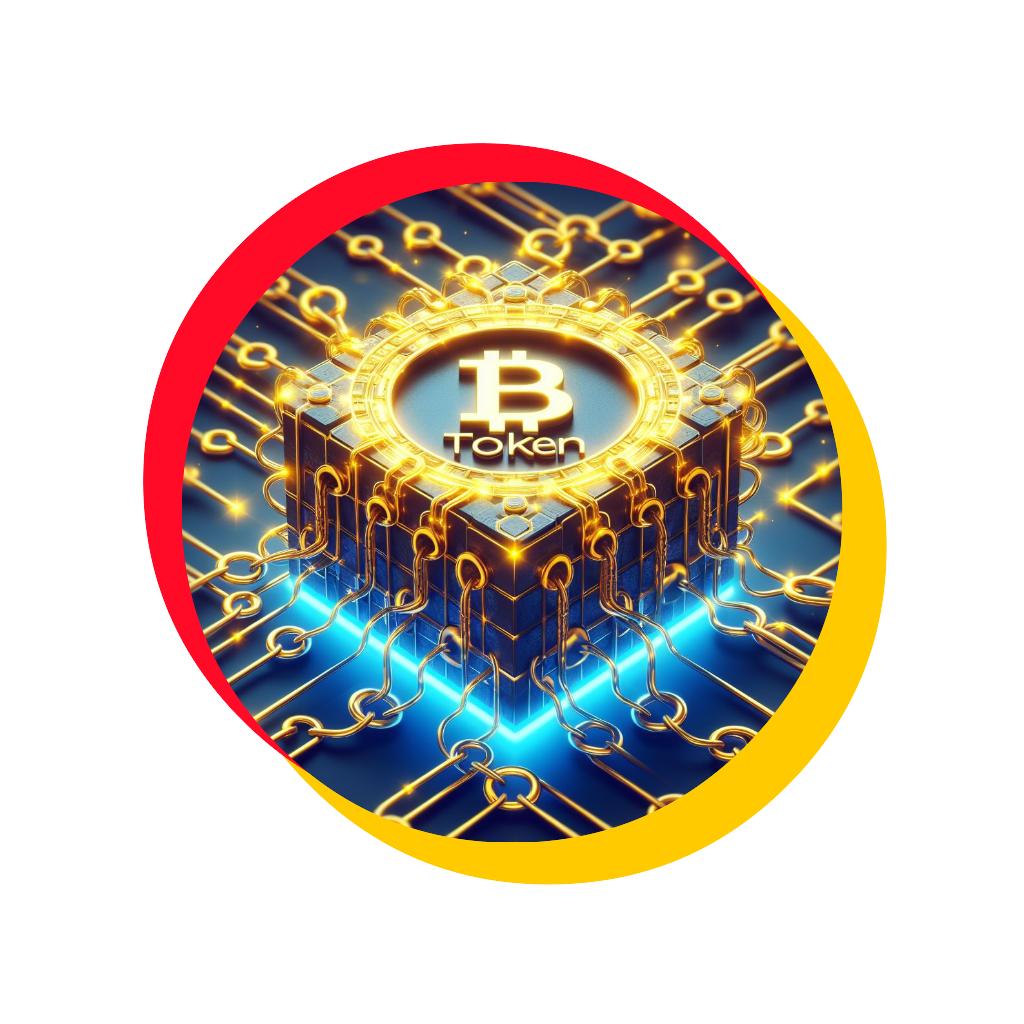A blockchain token is a digital representation of an asset or utility created and managed on a blockchain network. These tokens can represent various things, such as assets (like real estate or company shares), currencies (like Bitcoin or Ethereum), or access rights to a service or platform.

Here are a few types of tokens commonly associated with blockchain:
Cryptocurrencies: Tokens like Bitcoin, Ethereum, and others serve as digital currencies on their respective blockchain networks. They facilitate peer-to-peer transactions and can be used as a medium of exchange.
Utility Tokens: These tokens provide access to a product or service offered by a project or platform. They are not intended as investments but rather as a means of accessing a specific utility within a blockchain ecosystem. For instance, tokens used for accessing a decentralized application (dApp) or for paying transaction fees within a network fall into this category.
Security Tokens: Security tokens represent ownership of real-world assets such as equity, debt, or real estate. They are subject to securities regulations and derive their value from an external asset. Security tokens often offer investors ownership rights, dividends, or other benefits similar to traditional securities.
Non-Fungible Tokens (NFTs): These tokens are unique digital assets that represent ownership or proof of authenticity of a particular item, such as digital art, collectibles, or virtual real estate. Each NFT is distinct and cannot be exchanged on a one-to-one basis like cryptocurrencies.
When people refer to a “blockchain token,” they might be talking about any of these types of tokens that exist on a blockchain network. Each token has its specific purpose and characteristics within the blockchain ecosystem. Tokens are created and managed using smart contracts on blockchain platforms and can be transferred, traded, or utilized based on the rules and functionalities defined by their respective protocols.